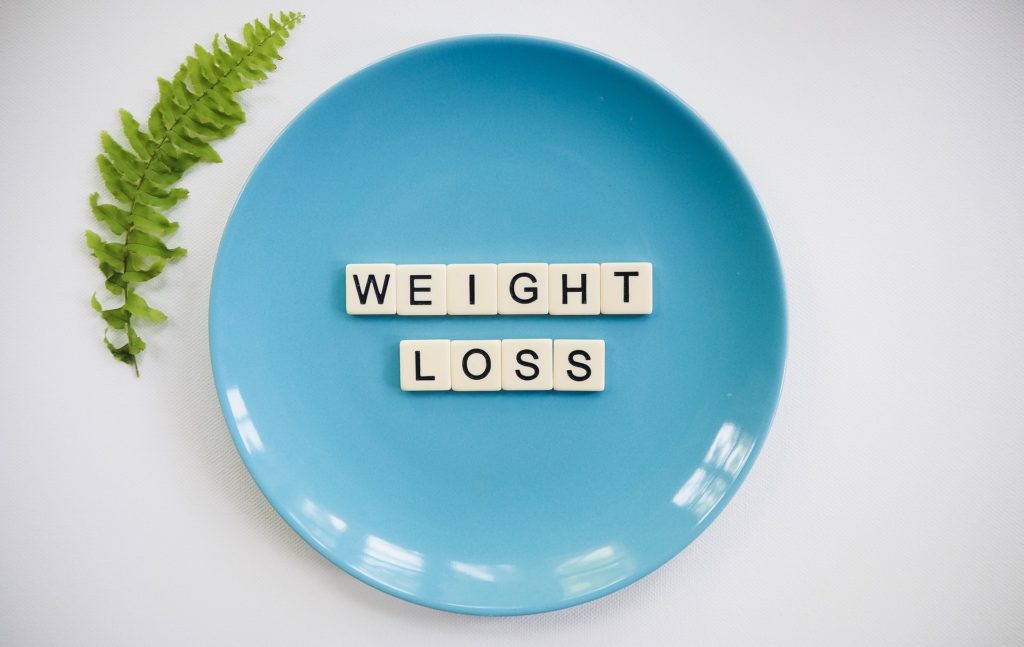
Many of us who have embarked on a weight loss journey know the frustration all too well: at some point, the pounds stop shedding. Despite our best efforts to cut calories, our bodies seem to betray us by slowing down metabolism, burning fewer calories than before. But why does this happen, and can we outsmart our metabolism? A new study from the University of Southern Denmark offers some promising insights.
The Metabolic Paradox
When we reduce our calorie intake, our body perceives a potential threat of starvation. In response, it adapts by conserving energy, ensuring essential functions can still be carried out. Unfortunately, this adaptation works against our weight loss goals, causing our metabolism to slow down and hold on to calories.
A Glimpse of Hope: New Research Findings
Researchers at the University of Southern Denmark have identified a potential way to maintain calorie burning even when consuming fewer calories. This discovery could be significant for patients using weight-loss or diabetes medicines like Wegovy and Ozempic, who often find their weight loss plateaus after shedding about 20-25% of their body weight.
According to Kim Ravnskjaer, a Principal Investigator and associate professor at the Department of Biochemistry and Molecular Biology, University of Southern Denmark, this stall is likely due to the body’s natural response. “It usually goes well at first, but as people lose some of the weight they aim to shed, their progress stalls because the body’s metabolism adapts,” he explains.
The Study and Its Implications
The study, published in the prestigious journal Cell Metabolism, explores the function of a gene called Plvap in certain mouse liver cells. The researchers discovered that the Plvap gene enables the body’s metabolic shift from burning sugar to fat when fasting. When Plvap is turned off, the liver does not recognize that the body is fasting and continues burning sugar.
“If we could develop a medication that helps maintain fat or sugar burning at its original high level alongside weight-loss treatments, people could continue losing weight beyond the usual plateau,” says Ravnskjaer.
Unexpected Discoveries
The researchers’ discovery was unexpected while investigating the role of the Plvap gene. They found that turning off this gene in mouse liver cells prevented the liver from shifting to fat burning during fasting, keeping the metabolism in sugar-burning mode. This shift resulted in the mice experiencing improved insulin sensitivity and lower blood sugar levels without negative effects.
Beyond the intriguing ability to “trick” the liver into thinking it is not fasting, the study made several other important observations:
- The signal that triggers metabolic changes during fasting comes from the liver’s stellate cells rather than hepatocytes, suggesting a new mode of cell-to-cell communication.
- Fat was redirected to the muscles instead of the liver, improving insulin sensitivity and lowering blood sugar levels.
Potential for Future Treatments
This discovery could have far-reaching implications—not just for obesity treatments, but also for improving our understanding of how fat and sugar are processed in metabolic diseases. In the long run, it may open new avenues for treating conditions like type 2 diabetes and steatotic liver disease.
“It’s well known that elevated blood sugar may lead to chronic complications for people with type 2 diabetes. Understanding Plvap could help diabetics better regulate their blood sugar in the future,” says Ravnskjaer.
Conclusion
The findings of this study underscore the complexity of our metabolism and the potential for groundbreaking treatments. While human trials and potential treatments are still a long way off, this research offers a promising glimpse into the future of weight loss and metabolic health. Understanding and controlling our metabolism may one day help us achieve our weight loss goals more effectively and improve overall health.




